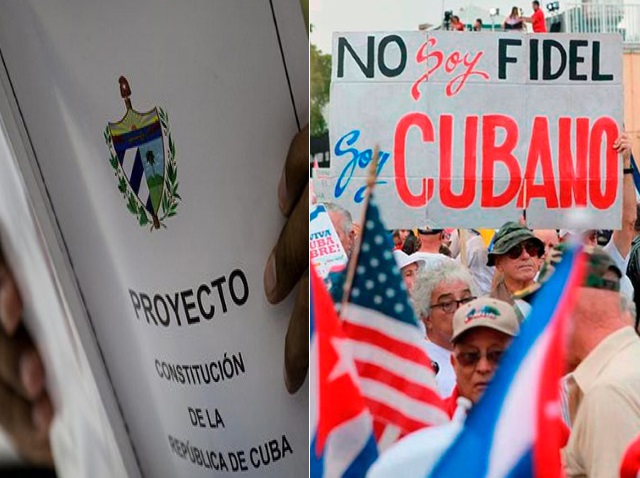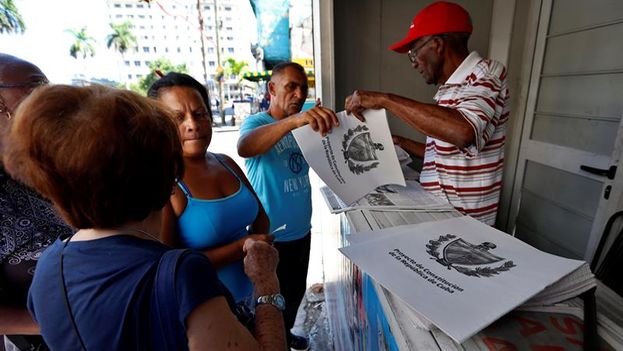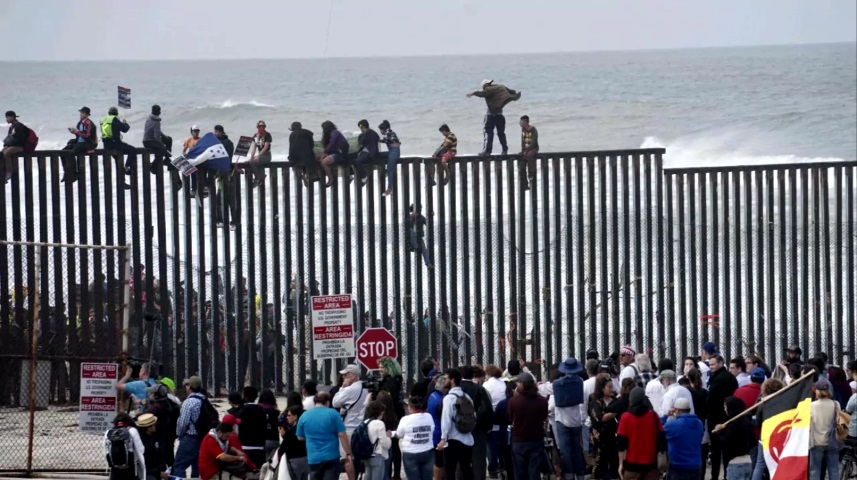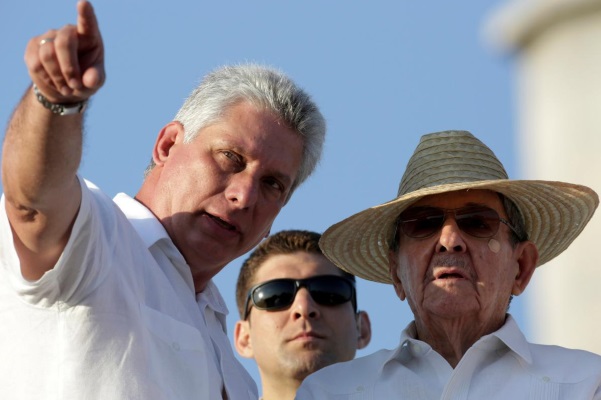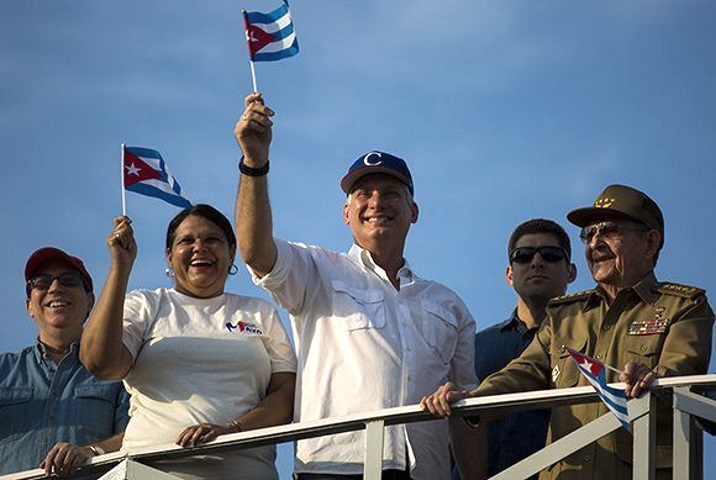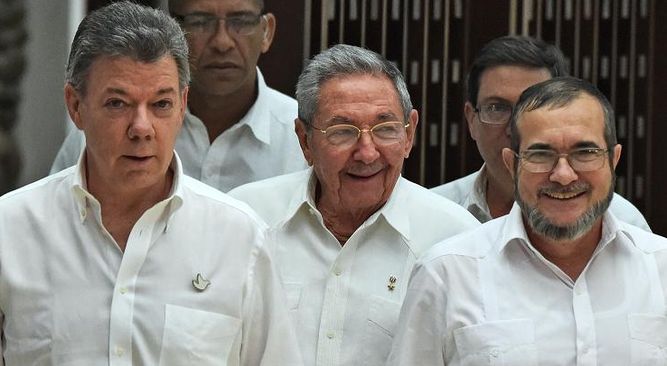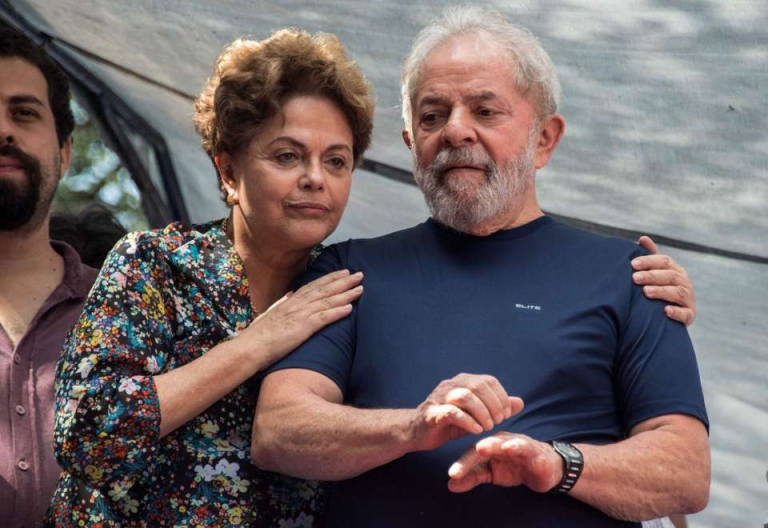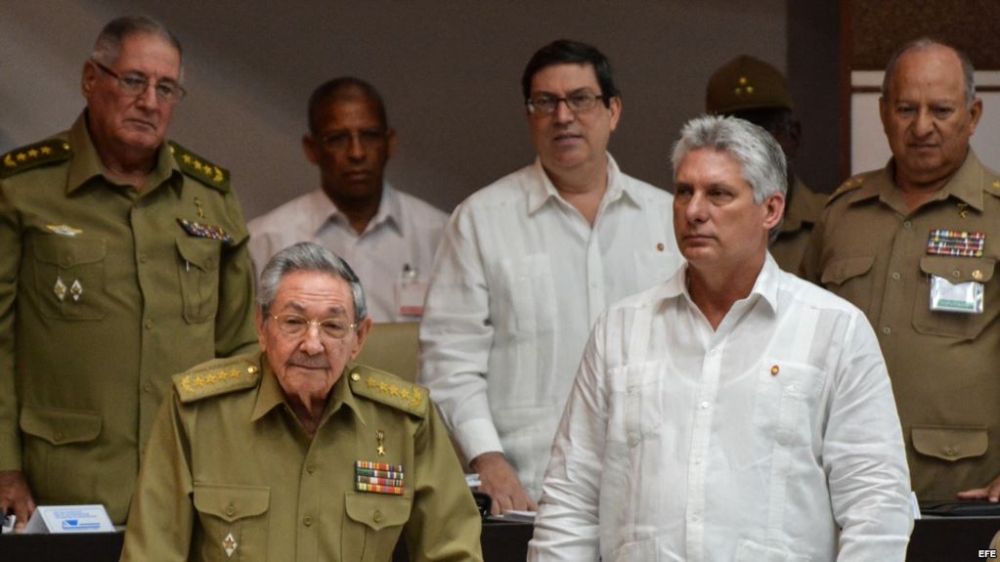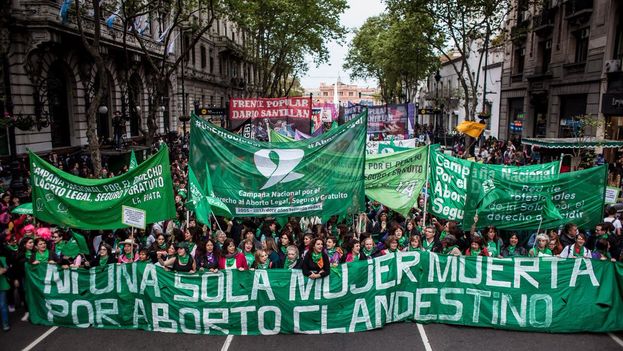
![]() 14ymedio, Miriam Celaya, West Palm Beach, 6 August 2018 –Catholic priest Wilfredo Leiter Juvier, in charge of the Cathedral of Santa Clara, Cuba, recently sent an open letter to Cristina Escobar, a journalist of the official press. The letter provokes reflection on the decriminalization of abortion, a topic that continues to raise fierce controversies in Latin America.
14ymedio, Miriam Celaya, West Palm Beach, 6 August 2018 –Catholic priest Wilfredo Leiter Juvier, in charge of the Cathedral of Santa Clara, Cuba, recently sent an open letter to Cristina Escobar, a journalist of the official press. The letter provokes reflection on the decriminalization of abortion, a topic that continues to raise fierce controversies in Latin America.
The Catholic Church’s opposition to abortion is a long-standing issue but it’s not this article’s central objective to resolve it. Nor do I consider it a profitable investment of time to participate in a debate between a journalist of the Cuban press monopoly — a word that demands absolute faith in the “communist” government — and an individual whose essential principle of existence is based on religious faith. Obviously, it is a matter among “the faithful”, although they wear different ideological colors.
That said, I think it appropriate to express my total disagreement with the priest’s criteria in the referenced letter, and in particular with the Manichaeism* and the manipulation that supplants almost all of his theses, despite the correctness of his grammar and the “respectfulness” of his language. continue reading
I do not consider it a profitable time investment to participate in a debate between a journalist from the Cuban press monopoly and an individual whose essential principle of existence is based on religious faith. Obviously, it is a matter among “the faithful”
That Manichaeism is reflected in the invalidation of the opponent’s arguments, assuming his own faith as valid from presuppositions that do not allow argument, although he aims to expose “scientifically proven” points. As far as is known, no scientific discovery can invalidate the indisputable and elementary right that a woman must have when deciding any matter regarding her motherhood.
As for his manipulation of the subject, it is obvious when, in an absurd comparison, he places in a same “rational” plane what he calls “the abortionist logic” with the murder of an “inconvenient” old man. Or when he argues that proof that sexuality “is not only for pleasure”, but that new beings materialize from it. It is the preaching of a man whose holy ministry demands celibacy, but who presents himself as an expert in sexual matters.
Almost all Catholic morality is based on principles as retrograde as those that still defend virginity (feminine, of course) as a symbol of virtue and purity in many regions, that assume that sex is a merely reproductive function or that qualifies relationships between people of the same gender as sinful and diabolical.
In light of this, we could ask why no representative of that Church spoke with the same passion in defense of life when, in 2003, three men who had committed no blood crime were summarily convicted and shot in Cuba for the attempted abduction of a boat. Or why, with the same force, they did not demand it of the Cuban government on the terrible night of the sinking of the tugboat 13 de marzo, when dozens of innocent people were murdered, among them, over 10 children. Does an embryo have a greater right to life than one of those men, women and children who died then? At what point does human life begin or cease to be sacred and who establishes those limits?
It is clear that, on this level, the Catholic Church has demonstrated not only a fairly accommodative moral, but a highly questionable piety
So, the essential issue here is abortion and the struggle for its “decriminalization”. It is known that — with the exception of Mexico, Cuba and Uruguay — the countries in this region do not allow for the voluntary interruption of pregnancy and only authorize it in certain circumstances. In addition, three countries — El Salvador, the Dominican Republic and Nicaragua — absolutely prohibit it.
In the case of Cuba, the practice of abortion has been carried out, in some cases, since 1936. In fact, several generations of Cuban women have (incorrectly) considered induced abortion as a right, “free of charge and in a safe manner”, included among the services provided by the health system within the first three months of pregnancy, or later, in cases of congenital malformations of the fetus or of risk to the woman’s life.
However, the truth is that there is no actual abortion law to date in Cuba, which is why its practice ultimately depends more on the political will or on the permissiveness of the country’s authorities than on recognition of a woman’s right to decide about her own body and about her motherhood. In other words, abortion is spoken of as a “social achievement”, but the fact is that it does not constitute a legal achievement.
Until there is a law ratifying it, the decriminalization of abortion in Cuba cannot be considered a true and total female victory, as is often proclaimed from the political power
This nullifies any guarantee for Cuban women. Why? Let’s say that the Cuban State had an interest in raising the birth rate and, consequently, ordered specialized health centers to reduce the practice of abortions or the so-called “menstrual regulation”, a less invasive procedure performed in the first six to eight weeks of pregnancy and that does not require the use of anesthesia. In such a case, the issue would depend on the vagaries of demography and State will and not on a true legal guarantee for decision-making by each woman.
For that reason, and until there is a law that ratifies it, the decriminalization of abortion in Cuba cannot be considered a true and total female victory, as is often proclaimed by the political power. It is actually a mirage that has been reinforced in practice with the use and abuse of abortion — almost as if it were a contraceptive method- in the absence of a legal framework that supports it, but also without having made the necessary emphasis on sexual education from an early age to promote both the perception of the risks of abortion and its indiscriminate use, as well as the importance of responsible and conscious motherhood (and fatherhood).
As an additional evil, there has been a lack of a broad social debate to sensitize and involve everyone which would allow us to begin to overcome machismo and sexist conceptions deeply rooted in the national culture, such as the custom of attributing the responsibility for the use of contraceptives to women, as well as assuming the greater part in the education and upbringing of children, even if, to be able to do so, she has to renounce to her own personal and professional ambitions. This is one additional way of subjecting female rights to the masculine will, and a fact that shows that the “decriminalization of abortion ” alone is not the solution to the problem but only a first step.
And it is in this sense that the open letter of priest Wilfredo Leiter acquires its real value, because it warns us that the demons of the sanctimonious and misogynist Inquisition have not died.
Such voids, the legal and the debate spaces in Cuba, have propitiated that, while on the surface there seems to be a social consensus around this issue, deep down there are strong currents of prejudice and atavistic concepts that in the future — not necessarily in a distant one — could endanger what is already urgently recognized as a feminine right.
And it is in this sense that the open letter of the priest Wilfredo Leiter acquires its real value, because it warns us that the demons of the sanctimonious and misogynist Inquisition have not died. If with the “presents” obtained by the grace of the political power Cuban women view the battle as having been won, they will certainly will have lost the war.
*Translator’s note: Manichaeism: religious or philosophical dualism system with Christian, Gnostic, and pagan elements. founded in Persia in the 3rd century, based on a supposed primeval conflict between light and darkness.
Translated by Norma Whiting
____________________
The 14ymedio team is committed to serious journalism that reflects the reality of deep Cuba. Thank you for joining us on this long road. We invite you to continue supporting us, but this time by becoming a member of 14ymedio. Together we can continue to transform journalism in Cuba.

